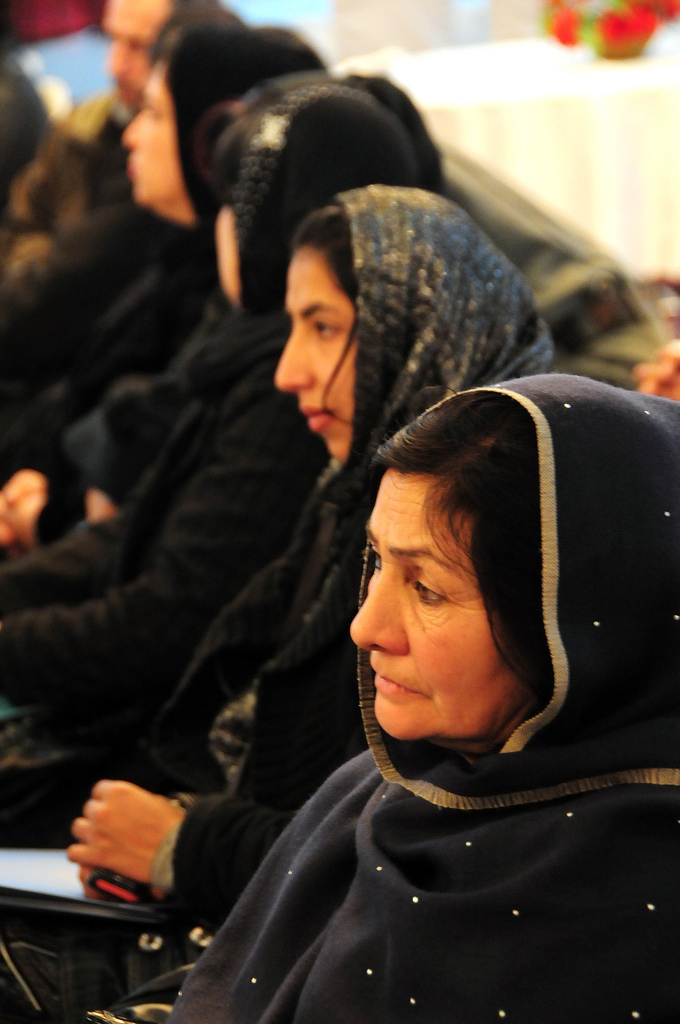Posted at 16:28h in
General by admin 
Education plays a critical role in the reconstruction and national development plan of the post-Taliban Afghanistan, as it is possibly one of the most effective way to solve the many prevalent problems within the country. Before the fall of the Taliban, the formal education system in Afghanistan had been in complete disarray as there were no national authorities that monitor the distribution of educational funds and program implementation. The non-formal sector of education, as operated by organizations such as UNICEF, used to be a good supplement to the underperforming formal sector and once accounted for more than three quarters of schools in Afghanistan. However, the situation changed drastically after the Taliban issued its 1995 edict prohibiting the education of females in the areas under its control, and most humanitarian relief agencies had to suspend their assistance to the education programs throughout Afghanistan. As a result, even though theoretically compulsory education is provided to children aged from 7 to 13, only a mere 22 percent of the country's school-aged children were enrolled in schools by the end of the twentieth century. Girls, among all young persons, were the most affected due to
 Education plays a critical role in the reconstruction and national development plan of the post-Taliban Afghanistan, as it is possibly one of the most effective way to solve the many prevalent problems within the country. Before the fall of the Taliban, the formal education system in Afghanistan had been in complete disarray as there were no national authorities that monitor the distribution of educational funds and program implementation. The non-formal sector of education, as operated by organizations such as UNICEF, used to be a good supplement to the underperforming formal sector and once accounted for more than three quarters of schools in Afghanistan. However, the situation changed drastically after the Taliban issued its 1995 edict prohibiting the education of females in the areas under its control, and most humanitarian relief agencies had to suspend their assistance to the education programs throughout Afghanistan. As a result, even though theoretically compulsory education is provided to children aged from 7 to 13, only a mere 22 percent of the country's school-aged children were enrolled in schools by the end of the twentieth century. Girls, among all young persons, were the most affected due to
Education plays a critical role in the reconstruction and national development plan of the post-Taliban Afghanistan, as it is possibly one of the most effective way to solve the many prevalent problems within the country. Before the fall of the Taliban, the formal education system in Afghanistan had been in complete disarray as there were no national authorities that monitor the distribution of educational funds and program implementation. The non-formal sector of education, as operated by organizations such as UNICEF, used to be a good supplement to the underperforming formal sector and once accounted for more than three quarters of schools in Afghanistan. However, the situation changed drastically after the Taliban issued its 1995 edict prohibiting the education of females in the areas under its control, and most humanitarian relief agencies had to suspend their assistance to the education programs throughout Afghanistan. As a result, even though theoretically compulsory education is provided to children aged from 7 to 13, only a mere 22 percent of the country's school-aged children were enrolled in schools by the end of the twentieth century. Girls, among all young persons, were the most affected due to

